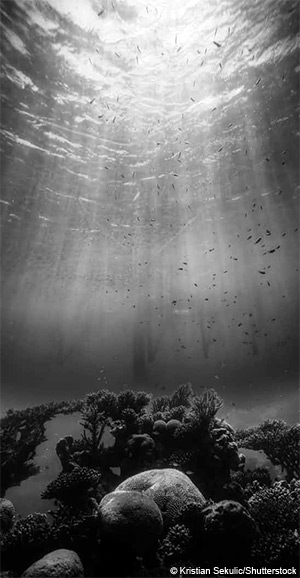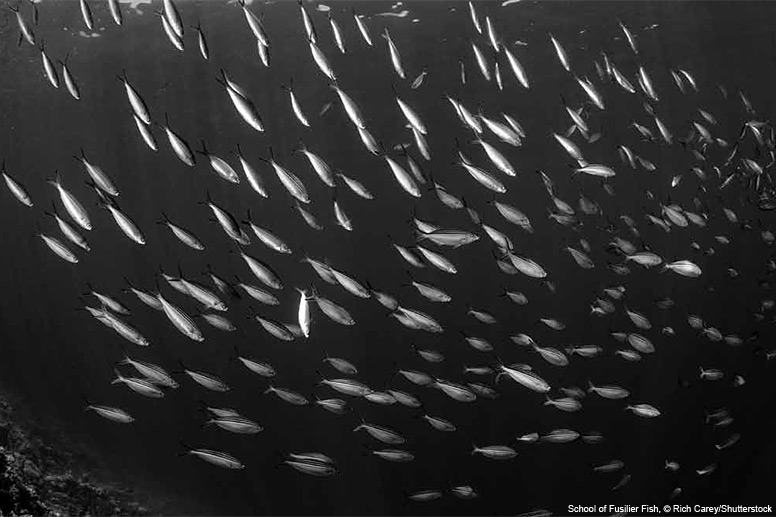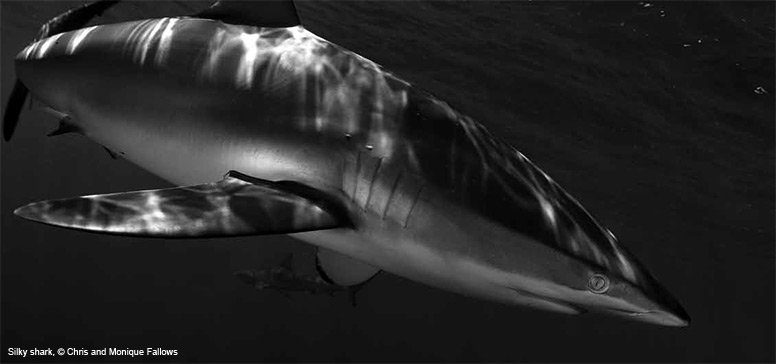Building on Rio+20: What This Means for Fisheries Management
What the Rio+20 outcomes mean for fisheries management and how RFMOs should convert these outcomes to action
 Almost every member State of the United Nations attended the June 2012 United Nations Conference on Sustainable Development (Rio+20), and agreed by consensus to the outcome document, “The Future We Want.” That outcome document was then endorsed by consensus by the UN General Assembly on 27 July 2012. A high priority was placed on oceans issues at the Rio+20 meeting and numerous Heads of State and government, ministers, and other officials cited the oceans, including fisheries, as a top priority for sustainable development.
Almost every member State of the United Nations attended the June 2012 United Nations Conference on Sustainable Development (Rio+20), and agreed by consensus to the outcome document, “The Future We Want.” That outcome document was then endorsed by consensus by the UN General Assembly on 27 July 2012. A high priority was placed on oceans issues at the Rio+20 meeting and numerous Heads of State and government, ministers, and other officials cited the oceans, including fisheries, as a top priority for sustainable development.
States, through the Rio+20 outcome, reaffirmed the goal to restore depleted fish stocks and committed to urgently take measures to maintain or restore fish stocks to at least levels that can produce maximum sustainable yield. States also committed to:
- eliminate illegal, unregulated, and unreported (IUU) fishing,
- implement measures to strengthen monitoring, control, surveillance, and enforcement,
- implement science-based management,
- enhance management of bycatch and discards,
- protect vulnerable ecosystems and increase transparency and accountability of regional fisheries management organizations (RFMOs).
These positive commitments were in recognition of the imperiled condition of the ocean and many fisheries, and the serious inadequacies of national, regional, and global fisheries management. RFMOs, with the vast ocean areas under their purview and their near global remit (when seen collectively) are key to implementing many of the decisions made at Rio. According to the Food and Agriculture Organization of the UN (FAO), there are 17 RFMOs currently in existence covering various geographic areas, some of which overlap. Of these, five are the so-called tuna RFMOs, which manage fisheries for tuna and tuna-like species such as swordfish and marlin. Together, the five tuna RFMOs cover nearly 91 percent of the world's ocean and are also responsible for sharks and other species taken in tuna fisheries.
Although these bodies play an important role in facilitating cooperation between fishing, coastal and market States, they have historically failed to prevent overfishing and maintain healthy fish stocks. As there is no global fisheries governance body, action at the regional level is essential. RFMOs have a critical role to play, and the governments that make up the RFMOs must work through those bodies to adopt decisions that implement their own commitments made at Rio+20.
To achieve sustainable fisheries, governments in Rio agreed to:
- Intensify efforts to meet the 2015 target as agreed to in the Johannesburg Plan of Implementation (JPOI) on an urgent basis and to maintain or restore all stocks at least to MSY, implement science-based management, enhance management of bycatch and discards and protect vulnerable ecosystems;
- Fully implement the UN Fish Stocks Agreement and, implement the FAO Code of Conduct for Responsible Fisheries, and the FAO international plans of action and technical guidelines.
To achieve sustainable fisheries, RFMOs (and their members) should:
Tuna
- Immediately adopt precautionary catch limits, including target and limit reference points for all fisheries;
- Require 100 percent observer coverage on large scale longliners given the high impact that these vessels have on target, associated and dependent species. Coverage levels on all other longliners should be increased to at least 20 percent;
- Study and take measures to effectively manage the impacts of FADs on the sustainability of target and non-target fish stocks;
Inventory, track, manage, and limit Fish Aggregating Devices (FADs) under their jurisdiction, and develop measures to remove decommissioned FADs.
Sharks
- Call on shark-fishing States to develop and fully implement National Plans of Action for Sharks that are consistent with the International Plan Of Action for Sharks;
- Prohibit the take of threatened species of sharks and ray species, as assessed by IUCN or national legislation, and only allow fishing for other shark species if the fishing is conducted under rigorous science-based management plans based on stock assessments;
- Establish and implement species-specific data collection requirements for all sharks taken in all fisheries;
- Require best practices for reducing shark bycatch and finning, including requiring that sharks be landed with their fins still naturally attached. RFMOs should prohibit the use of wire leaders in their fisheries, as a needlessly destructive fishing practice which can be easily replaced.
Forage Fish
- Implement precautionary measures to limit forage fisheries, imposing more conservative limits where uncertainty is greater;
- Suspend the development of new forage fisheries until scientific knowledge and management measures can ensure such fisheries will not harm the ecosystems in which they occur;
- Implement spatial and temporal forage fishery closures as needed to support critical predator foraging locations and times, such as around sea bird rookeries during nesting season.

To tackle IUU fishing, governments in Rio agreed to:
-
Recommit to eliminate IUU through action plans in accordance with the FAO International Plan of Action to Prevent, Deter and Eliminate IUU fishing, implementing effective and coordinated measures by coastal States, flag States, port States, chartering nations, and the States of the nationality of the beneficial owners and others, and build capacity in developing countries, including support for monitoring, control, surveillance, compliance and enforcement.
International recommitment to these measures is an important step but there are a number of significant obstacles that contribute to the persistence of illegal fishing. First, many developing States lack the necessary capacity to implement such measures. Second, there is a lack of access to transparent and authoritative data about the identity, flag, ownership and operations of fishing vessels. These vessel details can easily be disguised or changed by vessel owners looking to engage in IUU activities. Finally, port States need to make a more concerted effort to deny access to vessels suspected of engaging in IUU fishing so that there are strict ramifications for vessels acting in contravention of internationally agreed mandates.
To tackle IUU fishing, RFMOs (and their members) should:
- Encourage States to ratify the FAO Port State Measures Agreement and to apply its provisions in the interim;
- Adopt port State measures that are consistent with the Port State Measures Agreement;
- Call upon developed States to provide financial and technical assistance to developing States for implementing port State measures;
- Require use of unique vessel identifiers, preferably an International Maritime Organization (IMO) number, for fishing vessels 100 gross tonnes or greater (or 24 meters in length or greater), including all vessels operating in areas beyond national jurisdiction (that is beyond their own EEZ);
- Recognise illegal fishing as an international criminal activity, and ask the UN Convention on Transnational Organized Crime and INTERPOL to address illegal fishing accordingly;
- Require States to close ports and markets to IUU fish and collaborate to develop compliance and enforcement systems, by identifying vessels and depriving offenders of benefits.
To achieve transparent and accountable RFMOs, governments in Rio agreed to:
- Call on all RFMOs to regularly undertake independent performance reviews and make the results publicly available to contribute to transparency and accountability.
Establishing additional measures to address unsustainable fishing must be a priority next step for RFMOs. However, this should also go hand-in-hand with efforts to improve transparency and accountability of RFMO decision making. If RFMOs continue to be accountable to no one, issues of compliance, enforcement and a lack of implementation will continue to hamper efforts to achieve sustainable fisheries.
To achieve transparency and accountability, RFMOs should:
- Significantly increase observer coverage on surface longline fishing vessels;
- Be made accountable to the United Nations General Assembly for implementation of commitments;
- Improve compliance with existing RFMO measures;
- If they have not yet done so, update their treaties to include the precautionary principle, ecosystem based management and shark conservation and management.












